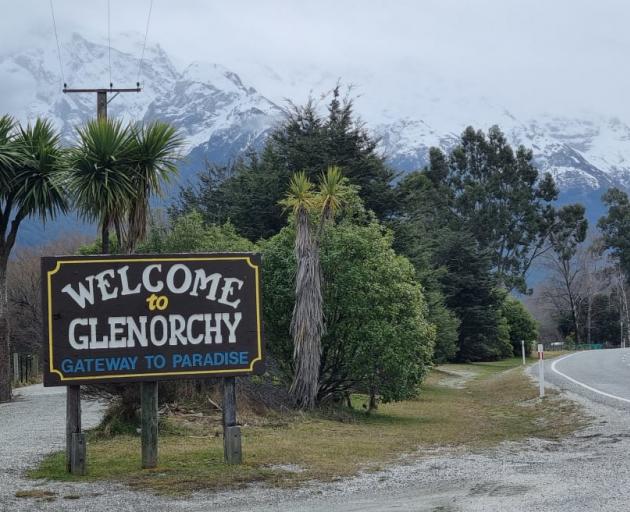
A natural hazards adaptation strategy would be presented to the community at the head of Lake Wakatipu by the middle of next year, a report to councillors at this week’s safety and resilience committee said.
Before that, council staff, members of the community and project partners the Queenstown Lakes District Council, iwi and the Department of Conservation would collaboratively develop "adaptation strategy principles".
Then, a series of community engagements would be held before the end of this year to "co-develop" the preferred way forward.
Potential adaptation responses identified in this week’s report included building floodbanks, raising floor levels, seismic strengthening, civil defence planning, insurance cover to mitigate financial impacts, relocation from higher-risk areas after hazard impacts and using land-use planning rules to prevent further growth into hazard-prone areas.
"No hazard management responses or interventions considered have yet been selected or ruled out," the report said.
"All of these responses are still ‘on the table’ and will be considered further in a collaborative decision-making process."
Hydraulic modelling and a flood hazard investigation commissioned by the council last year showed swathes of the Glenorchy township could be under water during once-in-a-century floods.
In a separate study, Tonkin + Taylor said Glenorchy faced severe and widespread liquefaction damage in the case of a medium or large-scale earthquake.
Councillors were advised earlier this year that engineering solutions aimed at addressing the liquefaction risk could cost "hundreds of millions of dollars" and still not prevent serious damage to parts of the town.
The council was criticised at the time for presenting the community with images of "red zones, collapsed houses and cars sinking into the ground" while apparently saying expensive solutions were impractical and unaffordable and cheap options would not work.
Missing from their calculations, they were told at the time, was a measure of what was at stake.
Now, the council is seeking consultants to complete the first stage of a planned two-stage social impact assessment.
The adaptation strategy expected to be taken to the community by June 30 next year would include both immediate steps and work that required feasibility studies, cost-benefit analysis and business case development.
There could be investigations of potential funding options as well as consideration of environmental, legal, technical and planning factors, the staff report said.
Cr Alexa Forbes this week endorsed the community engagement outlined in the report.
"There’s some really difficult decisions for the community to make, difficult plans to make.
"They have to really think about things and they have to really understand what does matter to them and how they’re going to get their community together in what they’re doing."












